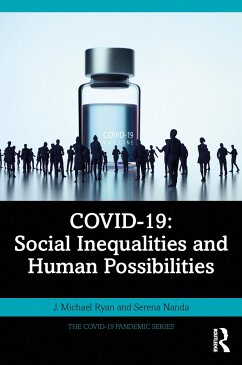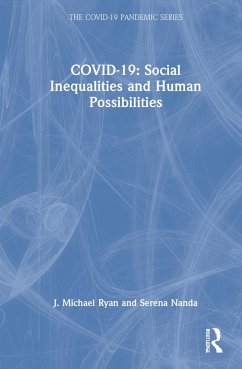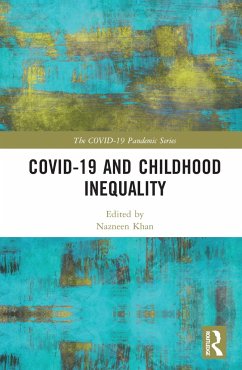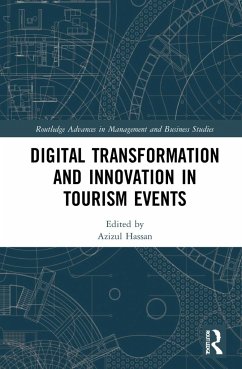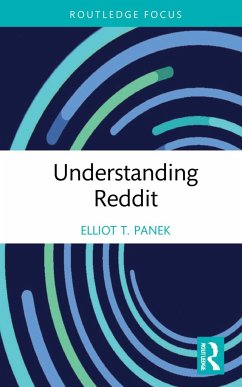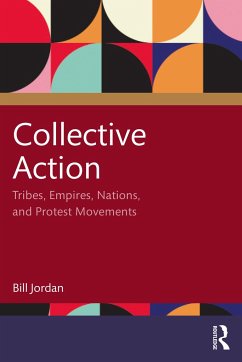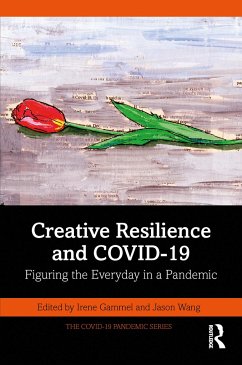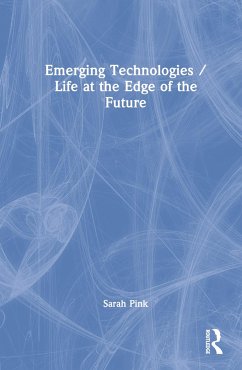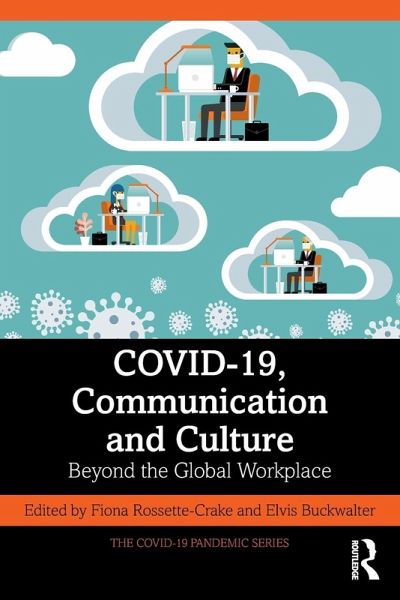
COVID-19, Communication and Culture
Beyond the Global Workplace
Herausgegeben: Rossette-Crake, Fiona; Buckwalter, Elvis
Versandkostenfrei!
Versandfertig in 6-10 Tagen
37,99 €
inkl. MwSt.
Weitere Ausgaben:

PAYBACK Punkte
19 °P sammeln!
This book analyses some of the many upheavals brought about by the COVID-19 pandemic through the lens of the COVID-19-communication-culture interface, with a particular focus on the new global, virtual workplace. It brings together a pluridisciplinary and multinational team of researchers from the fields of sociology and organisational studies, discourse analysis, linguistics, communication and cultural studies, and includes testimonials from actors within the professional sector such as international managers, consultants and foreign trade advisors.The collection examines a wide range of phen...
This book analyses some of the many upheavals brought about by the COVID-19 pandemic through the lens of the COVID-19-communication-culture interface, with a particular focus on the new global, virtual workplace. It brings together a pluridisciplinary and multinational team of researchers from the fields of sociology and organisational studies, discourse analysis, linguistics, communication and cultural studies, and includes testimonials from actors within the professional sector such as international managers, consultants and foreign trade advisors.
The collection examines a wide range of phenomena including communication on the pandemic by public authorities, the pandemic as a discursive construct, the digital turn and its impact on communication, the role of social media, as well as national diplomacy and questions of surveillance, (bio)power and trust. Issues pertaining specifically to the workplace focus on the impact of remote work, including the challenge of building cohesive work relations and managing cultural difference, distance recruitment, the new forms of professional online communication, the future of the remote work model and questions of identity that are underpinned by the culture of professions. It aims to theoretically inform some of the enormous changes which have been brought about by the COVID-19 pandemic at multiple levels of our professional and social lives. It concludes with a virtual round-table discussion on the question of cultural difference with respect to both the pandemic itself and work practice.
COVID-19, Communication and Culture: Beyond the Global Workplace will be of great interest to academics and professionals interested in the communication and discourse and the cultural impact of COVID-19.
The collection examines a wide range of phenomena including communication on the pandemic by public authorities, the pandemic as a discursive construct, the digital turn and its impact on communication, the role of social media, as well as national diplomacy and questions of surveillance, (bio)power and trust. Issues pertaining specifically to the workplace focus on the impact of remote work, including the challenge of building cohesive work relations and managing cultural difference, distance recruitment, the new forms of professional online communication, the future of the remote work model and questions of identity that are underpinned by the culture of professions. It aims to theoretically inform some of the enormous changes which have been brought about by the COVID-19 pandemic at multiple levels of our professional and social lives. It concludes with a virtual round-table discussion on the question of cultural difference with respect to both the pandemic itself and work practice.
COVID-19, Communication and Culture: Beyond the Global Workplace will be of great interest to academics and professionals interested in the communication and discourse and the cultural impact of COVID-19.





